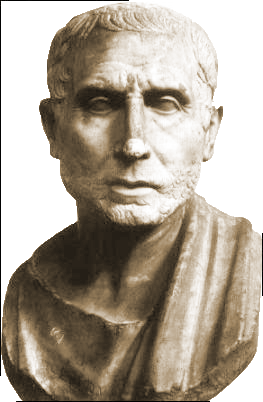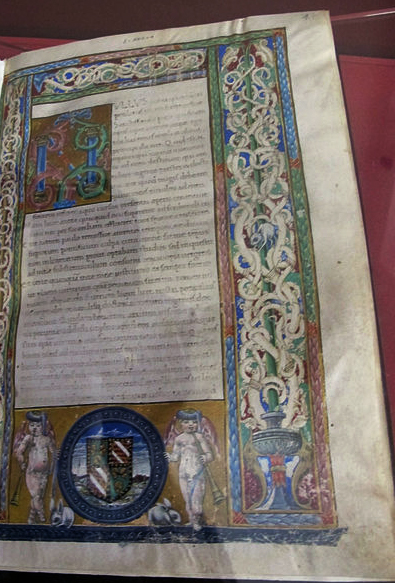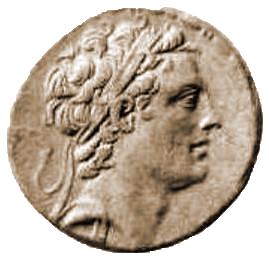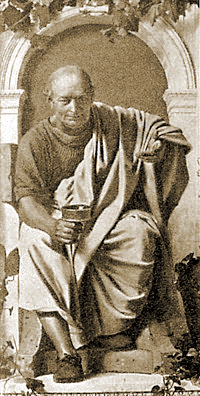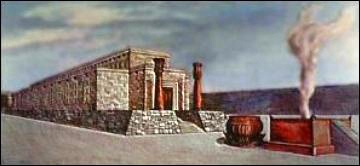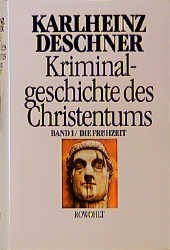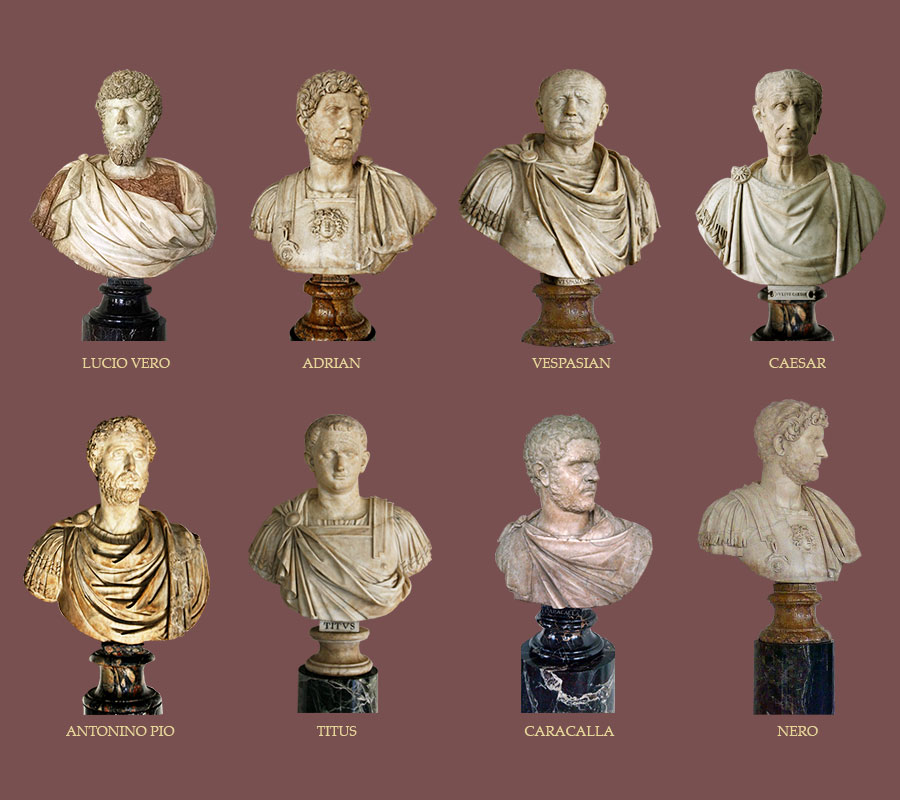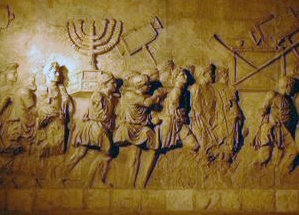by Evropa Soberana
The conquest of Pompey
This section will deal with the first direct intervention of the Roman authority on Jewish soil.
In Israel, on the death of Alexander Jannaeus (king of the Hasmonean dynasty, descendant of the Maccabees) in 76 BCE, his wife Salome Alexandra reigned as his successor. Unlike her husband—who, as a good pro-Sadducee, had severely repressed the Pharisees—Salome got on well with the Pharisee faction. When she died, her two sons, Hyrcanus II (associated with the Pharisees and supported by the Arab sheikh Aretas of Petra) and Aristobulus II (supported by the Sadducees) fought for power.
In 63 BCE, both Hasmoneans sought support from the Roman leader Pompey, whose victorious legions were already in Damascus after having deposed the last Macedonian king of Syria (the Seleucid Antigonus III) and now proposed to conquer Phoenicia and Judea, perhaps to incorporate them into the new Roman province of Syria. Pompey, who received money from both factions, finally decided in favour of Hyrcanus II, perhaps because the Pharisees represented the majority of the popular mass of Judea. Aristobulus II, refusing to accept the general’s decision, entrenched himself in Jerusalem with his men.
The Romans, therefore, besieged the capital. Aristobulus II and his followers held out for three months, while the Sadducee priests, in the temple, prayed and offered sacrifices to Yahweh. Taking advantage of the fact that on the Shabbat the Jews did not fight, the Romans undermined the walls of Jerusalem, after which they quickly penetrated the city, capturing Aristobulus and killing 12,000 Jews.[1]
Pompey himself entered the Temple of Jerusalem, curious to see the god of the Jews. Accustomed to seeing numerous temples of many different peoples, and educated in the European mentality according to which a god was to be represented in human form to receive the cult of mortals, he blinked in perplexity when he saw no statue, no relief, no idol, no image… only a candelabrum, vessels, a table of gold, two thousand talents of ‘sacred money’, spices and mountains of Torah scrolls.[2]

Pompey the Great
Did they not have god? Were the Jews atheists? Did they worship nothing? Money? Gold? A simple book, as if the soul, the feelings and the will of a people depended on an inert roll of paper? The confusion of the general, according to Flavius Josephus, must have been capitalised. The Roman had come across an abstract god.
For the Jewish mentality, Pompey committed a sacrilege, for he penetrated the most sacred precinct of the Temple, which only the High Priest could see. In addition, the legionaries made a sacrifice to their banners, ‘polluting’ the area again.
After the fall of Jerusalem, all the territory conquered by the Hasmonean or Maccabean dynasty was annexed by the Roman Empire. Hyrcanus II remained like governor of a district of Rome under the title of ethnarch, dominating everything that Rome was not annexed: that is to say, the territories of Galilee and Judea, that in future would pay taxes to Rome but would retain their independence. Hyrcanus was also made a High Priest, but in practice the power of Judea went to Antipater of Idumea, as a reward for having helped the Romans. Pompey annexed to Rome the most Hellenised areas of the Jewish territory, while Hyrcanus remained as a governor of a district of Rome until his death.
From the ethnic and cultural point of view, the Roman conquest foreshadowed new and profound changes in that area of conflict that is Near East. First of all, to the Jewish, Syrian, Arab and Greek ethnic strata a Roman aristocracy occupying a military character was going to be added.
For the Greeks, this was a source of joy: the decline of the Seleucid Empire had left them aside, and they also had Rome literally in their pocket since the Romans felt a deep and sincere admiration for the Hellenistic culture, not to mention that many of their rulers had a Greek education that predisposed them to be especially lenient with the Macedonian colonies.
Moreover, in Alexandria, it was to be expected that, in view of the disturbances with Jewry, the Romans would seize from the Jews the rights that Alexander the Great had granted them, thereby ceasing to be citizens on an equal footing with the Greeks, and the influence they exerted through trade and the accumulation of money would be uprooted.
For these reasons, it is not surprising that the Decapolis (set of Hellenised cities in the desert borders that also retained much autonomy, among which was Philadelphia, the current capital of Jordan, Amman), surrounded by Syrian tribes, Jews and Arabs—considered barbarians—received the Romans with open arms and began to count the years since the conquest of Pompey.
_____________________
[1] The figures of the dead given throughout the text come from the writings of Flavius Josephus, The Jewish War and Antiquities of the Jews, as well as of Cassius Dio’s History of Rome. Most likely they are inflated to magnify the importance of events, something common in history.
[2] According to the Alexandrian authors (rabid anti-Semites who believed that the Jews performed human sacrifices), Pompey freed in the temple a Greek prisoner who was about to be sacrificed to Jehovah.
